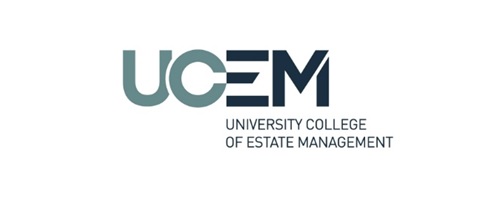Here are a landlord’s options when rent isn’t paid
COMMENT Since the enactment of the Coronavirus Act on 25 March, property managers have been pushing for more empathy between landlords and occupiers when agreeing various rent concessions.
Discussions and negotiations that started around March quarter payments continued into the June quarter, as property management teams were in constant dialogue with occupiers and landlords.
Sympathising with those struggling to pay their rents, landlords agreed numerous rental concessions, including monthly rent and service charges, deferred rent payment plans and re-gearing of leases. This was made possible by all parties adopting a fair and constructive approach and acting in good will, with the understanding that occupiers who can pay in full should do so and, unless otherwise agreed, arrears would not be written off.
COMMENT Since the enactment of the Coronavirus Act on 25 March, property managers have been pushing for more empathy between landlords and occupiers when agreeing various rent concessions.
Discussions and negotiations that started around March quarter payments continued into the June quarter, as property management teams were in constant dialogue with occupiers and landlords.
Sympathising with those struggling to pay their rents, landlords agreed numerous rental concessions, including monthly rent and service charges, deferred rent payment plans and re-gearing of leases. This was made possible by all parties adopting a fair and constructive approach and acting in good will, with the understanding that occupiers who can pay in full should do so and, unless otherwise agreed, arrears would not be written off.
However, while such negotiations continue, informed by the new code of practice for commercial leases, some landlords have now seen two quarters pass without receiving any rent at all. With the situation growing untenable, we are seeing increased interest from them to understand the remedies available.
Available options
In the run up to the June quarter, much of the media’s attention focused on the government’s announcement that it would be extending its temporary ban on forfeiting leases and the use of commercial rent arrears recovery, unless at least 189 days’ rent remains outstanding, until 30 September 2020, as first set out under the Coronavirus Act.
While the traditional remedies have been restricted, a range of options remain available and are being considered by landlords.
First is drawing down on a rent deposit. Whether a landlord can draw down on the deposit will depend on the terms of the deed governing it and how it is held. Where landlords have the right, some are taking pre-emptive action now before tenants fall into administration, and so preventing them from doing so.
Using a rent deposit results in an immediate release of cash, but landlords should consider that where a tenant is in administration, the rent may be payable by the administrator as an expense of the administration. If the landlord has already drawn down on the rent deposit the administrator will not be obligated to “top up” the deposit to pay rents and therefore it may be better to hold off drawing down on the deposit to meet other claims, such as dilapidations.
Landlords may be able to recover rent and service charge arrears from former occupiers and guarantors. However, they need to check the wording of the guarantee to see whether a liability has been triggered and what controls and strict timescales are imposed. If in any doubt, they should seek expert legal advice.
Our property management team has been busy undertaking a thorough review of all leases to help identify any former occupiers or guarantor. The wording of guarantee provisions may also set conditions for concessions, and there are various mechanisms that could reserve the right to recover greater amounts if arrears accrue.
If the lease is an “old” lease granted prior to 1 January 1996, the landlord can recover from the original occupier and any former occupant that has covenanted to be liable for the remainder of the term or their guarantors. If the lease is a “new” lease granted after 1 January 1996, the landlord can recover from the former tenant if that tenant had given an AGA or from a guarantor who has guaranteed the performance of an AGA.
Empathy is essential
The June quarter date and its ongoing fallout have proved to be one of the biggest challenges that most, if not all, of us have faced in the property management industry.
But a commercial understanding and empathy by both occupiers and landlords alike is still essential as we move forward. So even as landlords explore the options open to them for non-rent payments, we remain optimistic that the community spirit that has emerged during lockdown could encourage the real estate industry to work together to face this ongoing challenge.
Richard Hart is a partner at Workman











